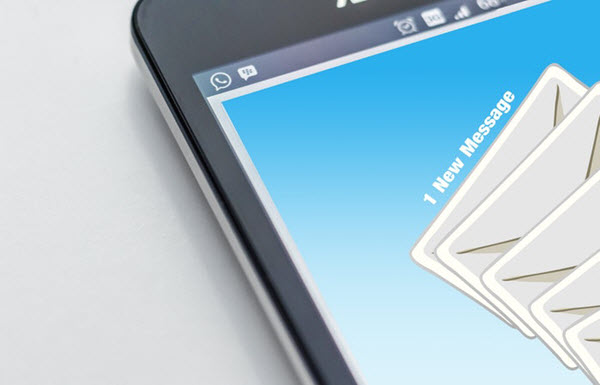Have you wondered how many employees use their personal email accounts for work purposes? Who uses their work email for personal reasons?
A survey has answers to those questions but one issue remains: Is using your work and personal emails interchangeably a bad thing?
The short answer is yes.
Business email accounts and personal email accounts should remain separate in most cases. Currently, 38.8% of people living in the U.S. allow their email usage to overlap sometimes.
If you’ve been doing the same thing, check out these 3 good reasons why you shouldn’t use your personal email for business.
It’s Unprofessional
Communicating about your personal life through your work email is unprofessional. It creates the impression that you are doing that during work hours.
This is a poor use of your time and disrespectful to your employer.
Instead of sending out emails to your friends and family during your break time, get up, take a short walk, and get a breath of fresh air. If your boss asks you why you aren’t at your desk, ask if there is anything he needs to be done. Volunteering to work on other tasks can put you in a good light.
If you are the employer or a freelancer, using your personal email for business can be disorganized. This can increase the risk of miscommunication and missed emails.
Sending out important details using your personal email might not look that professional. For example, communicating with a potential client using JohnSmithGOSTEELERS@gmail.com as your primary email address isn’t going to look impressive.
Tip: Try to include your business or company name when creating your email. It will help your customers know exactly who they are dealing with. Plus, it’s also a great way to advertise your business.

It’s A Security Risk
Adults under 35 and over 65 years old are more likely to use their personal email for work-related communication. For business security, this is risky.
The more files that get transferred to and from those emails, the more likely they are to become susceptible to viruses and other malicious activities.
Using personal email for work is a risk your boss may not be too happy about. So, consider business security before forwarding any sensitive information and exercise caution if you’ve signed any document preventing you from sharing important details.
The last thing you want is to be the employee responsible for leaked or lost information.
See Also: 8 Easy Steps To Your Browser Security And Privacy
It Reduces Your Privacy
Communicating personally through your work email is risky. Chances are good that the people in your IT department are watching your work computers closely, including your email.
If you aren’t careful, they might find reasons to get you fired.
Let’s say that no one says anything to you about the unprofessional emails you’ve been sending or receiving from your desk. This doesn’t mean they have gone unnoticed. When the time comes for a promotion or raise, those mistakes may come back to haunt you.
Fact: Men are more likely to use personal email for work communication, logging into their accounts, and to forward work-related emails.
Final Word
If these reasons aren’t enough to stop you from using your personal email for business, consider your work-life balance. If you use your personal email for work, you’ll never be far away from work even if you’re on vacation.
Keeping your work life separate is the key to sanity, we promise.